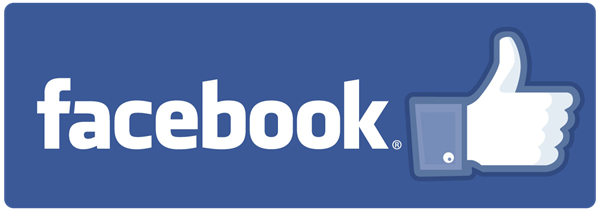 Facebook is a great way to keep in touch with family, friends and colleagues. Every day millions of people log in to chat, network, distribute photos, share links they like, play games, join groups and interact in a variety of ways on Facebook.
Facebook is a great way to keep in touch with family, friends and colleagues. Every day millions of people log in to chat, network, distribute photos, share links they like, play games, join groups and interact in a variety of ways on Facebook.
With all the benefits the social network giant offers, Facebook is a great way to keep in touch with family, friends, and colleagues. With the emergence of technology as a routine part of society, unfortunately, computer addiction has become a real issue over the past decade. Being Facebook is such a big part of web interaction, the social network is also seeing its share of addicts.
In 2009 CNN published an article about Facebook addiction. Like other serious dependency issues, a Facebook compulsion can lead to more serious problems that trickle through one’s life. If one experiences strong anxiety when not able to access the network, this could be a warning sign that an individual’s time spent on the network goes beyond a habit.
Too much time on the computer can lead to fatigue, eye strain and, according to a new study, possible heart problems. In a separate research study, the American Academy of Pediatrics came to the conclusion that there is a link between social networking and depression. The phenomenon, called “Facebook depression,” is not very widespread at this point, but occurs when a teen gets “anxious” after frequent sessions on Facebook. Facebook is often cited in marital, professional and friendship problems due to comments made, information streamed and/or misunderstandings. Additionally, when individuals become too engrossed with Facebook, they may be more inclined to isolate themselves from family and friends which can lead to relationship conflicts.
While Facebook has its disadvantages that can lead to unhealthy issues, this does not mean that you should not join the network if membership is desired. By recognizing the potential negative health effects, these can be minimized and the positive aspects of using Facebook enjoyed.